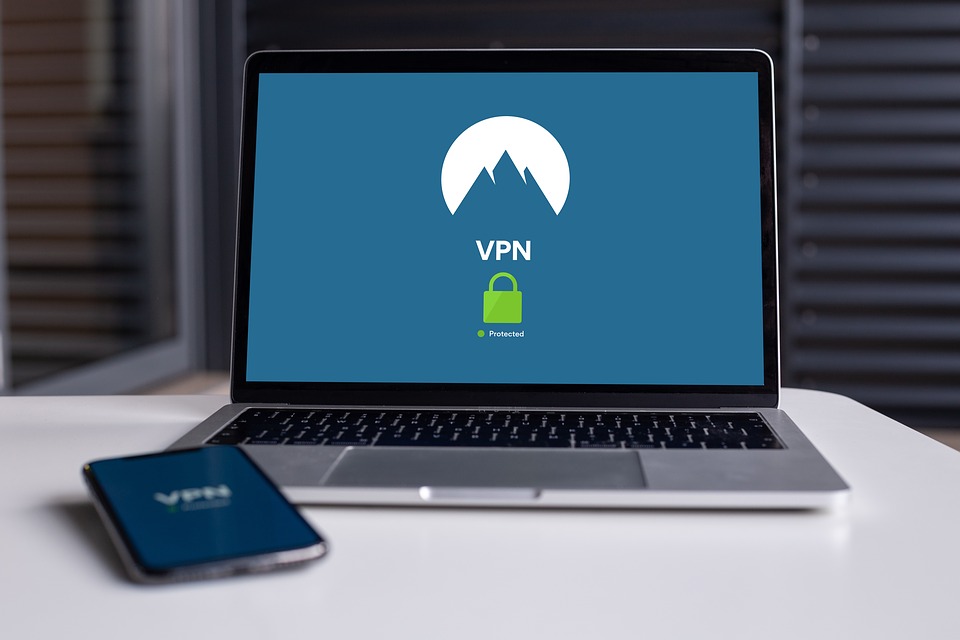Cyber security is a term that scares lots of people. Technology can seem to have a huge learning curve and attempting to learn something is like a full time job. However, some of the best ways to stay safe online are not too complicated. So, we wanted to provide 5 cyber security tips for the average person.
Use a strong password!
This is about the oldest piece of advice when it comes to operating online. However, most people still have a password that is relatively weak. Here are some ways to make your password harder to break.
- Have at least 16 characters. The number needed keeps getting bigger, but that’s because the programs to break your password are getting more advanced all the time. 10 characters is considerably more easy to break than 16. Make your password long!
- Make it complicated! Use capitals, special symbols, numbers and anything you can to make your password complex. The more ransom it appears the harder it will be to break.
- Never use the same password twice!
Use a Password Generator!
Creating a truly random and difficult password is hard for humans to do. Our brains want to create patterns, so making something that a computer can’t guess is becoming harder as the programs become better at cracking them.
A password generator is a great tool to give you a password that is truly difficult and unique.
For example, which password do you think will be more difficult for software to crack.
MydOGisTheB3st!!2016
Or
Yn8(ePe)%]^AR&E[
The second password was generated by an online bot in less than a second and it is a guarantee that it will be harder to break.
If you use a password generator then you will be much more likely to get by brute force entry attacks (LINK) that cause many passwords to be cracked.
Use a password manager!
There is no way that you can remember such crazy combinations of passwords that are created by a generator. Remembering one of those would be hard enough, let alone remembering one for each site that you log into.
This is why using a password manager like LastPass can be a great tool.
Password managers save and encrypt all of your password in one easy space. You will still need to create a strong password for the initial entry, but after that you should be able to access any of your passwords safely.
This is a great tool to allow you to use incredibly complex passwords without the worry of getting locked out of your account.
Use 2FA Whenever Possible!
2FA is becoming the key to safe online access. 2FA means two factor authentication and it is the process of having to use a secondary login to confirm your identity before accessing whatever information you want.
For example, let’s say you have 2FA on your Gmail account. When you try to log into your email it will ask you to confirm with 2FA that it is, in fact, you.
They will do this by using an additional access point, whether it’s a text, some messaging system or a specific app to make you present proof that it’s you logging in.
This adds an additional barrier to those trying to get into your account. One password will no longer cut it.
2FA is becoming the standard for everyone who wants to keep their data safe. We recommend using specific apps designed for 2FA use. Things like email and text are not as safe as programs designed specifically for this use.
Use a secure VPN!
VPNs are cheap, sometimes free, solutions to help conceal your identity online. They basically create a virtual tunnel that allows you to access information while hiding your IP address.
This helps give you more anonymity online and hides your identity from those who want to attack.
You can also setup VPN tunnel networks so that only certain people who have access can send data and operate in a secure, private way.
VPNs are a great option that is readily available to those who want to add more security to their online activities.
These 5 simple tips make a great difference for those who want to stay safe online. But remember, there is no 100% sure solution. Always be wary when operating online to keep yourself safe!
Are Your Cybersecurity Essentials Covered?
Don't wait until a threat strikes to protect your organization from cybersecurity breaches. Download our free cybersecurity essentials checklist and take the first step toward securing your digital assets.
With up-to-date information and a strategic plan, you can rest assured that your cybersecurity essentials are covered.
Get the Checklist
Posted in:
Share this


